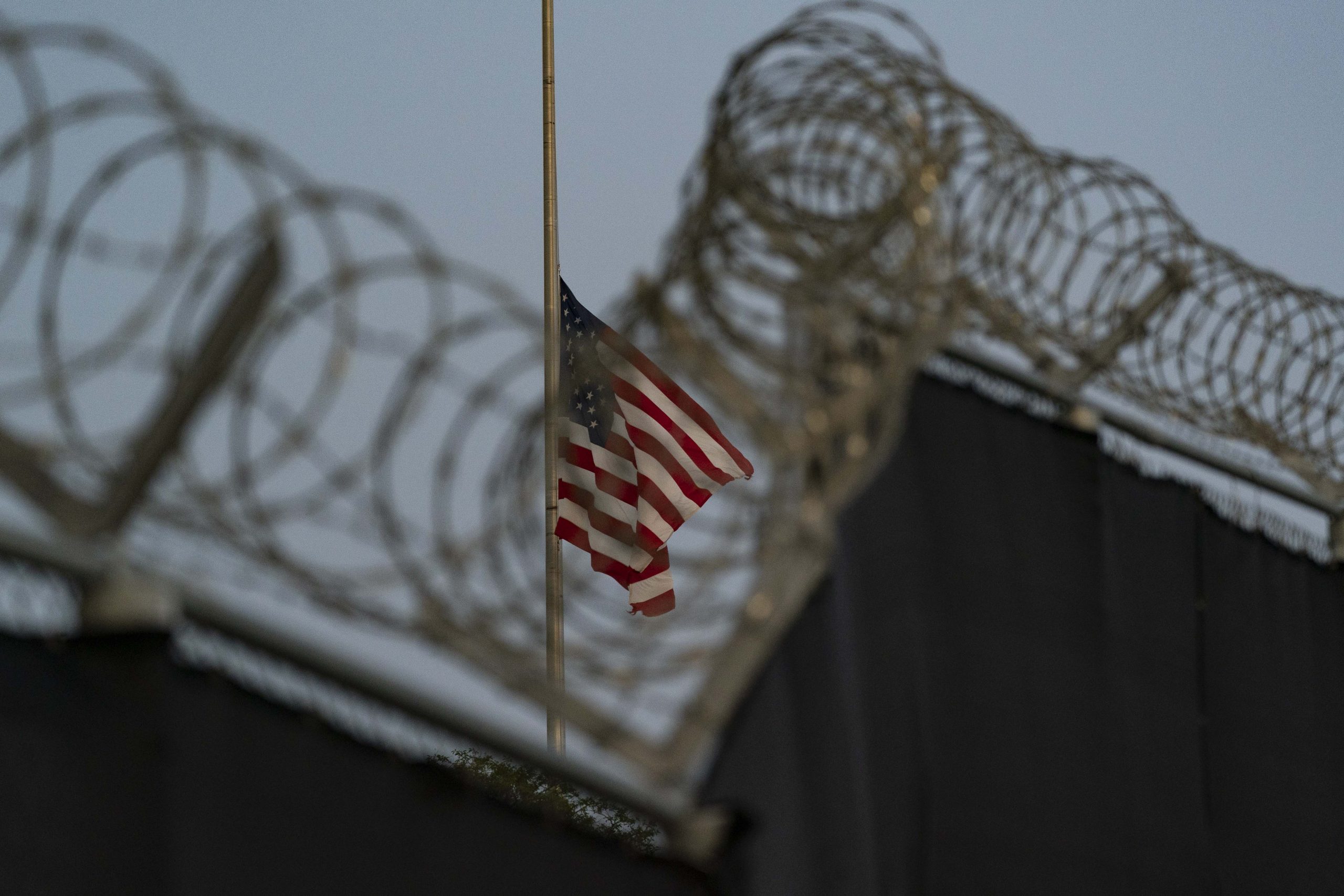With the
United States now officially out of Afghanistan, a 20 years-long war comes to
an end. Thousands of US soldiers have returned home after fighting the Taliban
and other militant groups contesting over Afghanistan. While the Biden administration
says US’ political goals in Afghanistan have been realised and the United
States did not go into Afghanistan for the purpose of “nation building”, Kabul
has fallen to the Taliban, apparently reversing two decades worth of efforts.
When the US
invaded Afghanistan, the country was already besought with armed conflict. In
1979, the Soviet Union invaded Afghanistan, in response, their cold war rivals
— primarily the United States and Pakistan — began providing support to
anti-communist guerillas known as mujahedeen. Many of these groups had their
roots in fundamentalist interpretations of Islam.
Also Read | Analysis: War is over but Joe Biden’s Afghanistan challenges are not
When the Soviet
Union collapsed, civil war ensued in Afghanistan between these several militant
factions. From the ashes of that struggle for power, emerged the Taliban. Led
by a former mujahideen, the Taliban established a brutal totalitarian regime
with little to no regard for human rights and civil liberties.
Since then,
thousands of American youngsters have spent their 20s in Afghanistan, fighting
off the militants as they sought way to power, while the US government backed a
civilian administration which was besought with allegations of corruption. Now,
back home, many of these soldiers who served the Afghan war efforts have varied
perspectives on Afghanistan’s future. But as they see casualties inflicted on
civilians and US troops, veterans are feeling a sense of loss, devastation and
anger, but not surprise.
June Spence
was just 21 years old when she was posted in a rural part of Kandahar Province
in 2012. There, she would often play around with these three young boys, Spence
told the Guardian. One day, while Spence saw the same three boys transporting
weapons of war. “I caught three children transporting weapons of war and acting
like we were all friends…That’s homegrown ideological fanaticism. How do you
win against something like that?” she says.
Also Read | Taliban celebrate as US troops leave Afghanistan | Watch
Laura
Jadeed, who joined the US Army at the age of 18, says “I thought we were
bringing freedom and democracy to the people who wanted it. I wasn’t expecting
us to have so little idea of what the culture was.”
Kyle Bibby,
who was with the Marines in 2011 when Osama bin Laden was killed in Abbottabad,
Pakistan, says when they heard of Bin Laden’s death, one of the Marines asked, “Cool,
so are we leaving?”, Bibby says he asked it in a sarcastic way because he knew
we weren’t leaving.







